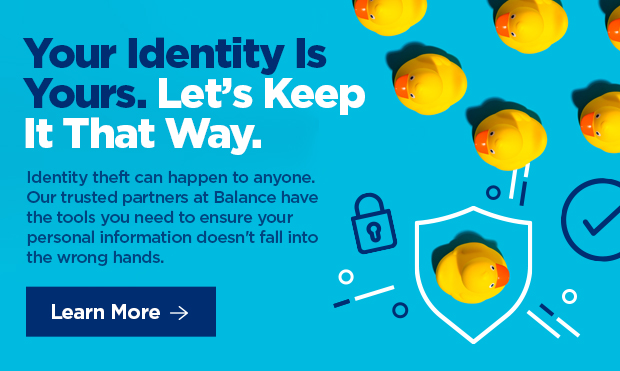If you follow the news, you’ll note that there seems to be another major data breach monopolizing headlines every week. The details vary, but in each breach, thousands, millions or even billions of victims’ sensitive information is compromised, and they’re now vulnerable to identity theft unless they take immediate action.
At Quorum, your financial success and safety is our primary goal. To help keep your information and your finances secure, we’ve compiled a comprehensive guide on data breaches.
What is a Data Breach?
Data breaches occur when sensitive information is accessed or used without authorization. Factors like a wealth of online data and sophisticated hacking tools have spurred a steep increase in data breaches in recent years, causing tremendous damage to individual consumers and businesses across every industry.
Data breaches occur by exploiting vulnerabilities in a company’s security system. Alternatively, an employee can be tricked into giving a cybercriminal access to the company’s network.
The goal of most data breaches is to obtain personal information, like names, email addresses and passwords, as well as financial information, like credit card numbers and account details. This information is used by criminals to steal identities and empty accounts, or sold to other criminals who will then do so.
While major data breaches make headlines, according to the Identity Theft Resource Center, there is an average of three data breaches each day, most of which will never even make the news.
After a Data Breach
Whenever you hear about a major data breach that can possibly affect you, it’s best to monitor your accounts for suspicious activity. In most cases, you will be notified by the victimized company if your data has been compromised; however, it helps to keep an eye on your accounts even if you haven’t been contacted so you can minimize your loss by acting quickly if you are among the unfortunate victims.
If You’ve Been Victimized by a Breach
If you’ve been informed your information is compromised by a data breach, take the following steps immediately:
Freeze your credit.
Placing a freeze on your credit is the most crucial step you can take to stop scammers from getting at your information. A credit freeze will not bring down your credit score, but it will serve as a red flag for lenders and credit companies by alerting them to the fact that you may have been a victim of fraud. This added layer of protection will make it difficult, or impossible, for hackers to open a new credit line or loan in your name.
You can freeze your credit at no cost at all three of the major credit bureaus, Equifax, Transunion and Experian. You’ll need to provide some basic information and you’ll receive a PIN for the freeze. Use this number to lift the freeze when you believe it is safe to do so.
Change your passwords.
Most people are on the alert following a major data breach, but they tend to let their guard down once the heat is off and things calm down. Hackers know this, and they’ll often hold onto victims’ information immediately following a data breach and then sell it months down the line to other identity thieves. To protect your accounts from a delayed-reaction hack, change all of your passwords after a breach that possibly has affected you.
File an identity theft report.
Unfortunately, these protective measures can sometimes be too little, too late. If your accounts have been compromised, and you believe your identity has been stolen, file an identity theft report with the Federal Trade Commission (FTC) as soon as possible. This will assist the feds in tracking down your hacker(s) and returning your finances to their usual state as quickly as possible.
Protecting Your Information
There’s no fool-proof way to protect yourself from a data breach, but following these simple steps can help keep your information as safe as possible:
- Monitor your credit. Check your credit accounts for suspicious activity on a regular basis. You can request a free credit report from each of the three major credit bureaus once a year at AnnualCreditReport.com. You may also want to consider signing up for credit monitoring, a service that will cost you $10-30 a month for the promise of notifying you immediately about any suspicious activity on your accounts.
- Use strong, unique passwords. Use a different password for each account, and choose codes that are at least eight characters long. Also, use a variety of numbers, letters and symbols. Vary your capitalization use as well, and don’t utilize any portion of your name, phone number or a common phrase as your password. Using a password manager like Dashlane or iPassword can also help keep your information safe. It’s also a good idea to choose two-factor authentication when possible, and non-password authentication, such as face recognition or fingerprint sign-in, for stronger protection.
- Browse safely. Never share sensitive information online and always keep your security and spam settings at their strongest levels. Make sure your devices are fully updated at all times. It’s also a good idea to keep your social media accounts as private as possible.
Hackers never stop trying to get at your data, but with the right protective measures in place, you can keep them from seeing success.







This article provides a clear and concise overview of data breaches, explaining how they occur and offering practical tips for protecting personal information. It’s a must-read for anyone looking to improve their cybersecurity awareness and take proactive steps to safeguard their data. Great insights!